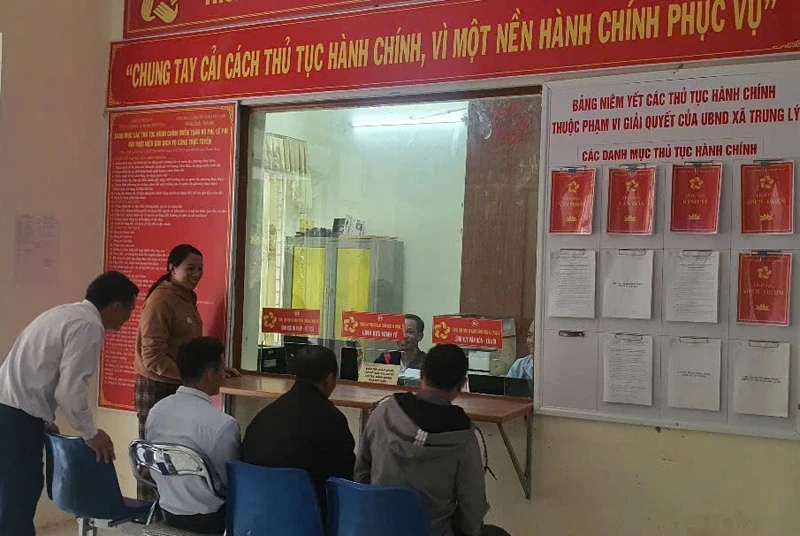
People come to handle administrative procedures at Trung Ly Commune Public Administration Service Center.
In Muong Ly commune, after restructuring the apparatus, the commune lacked personnel in both the Party and government sectors, especially in accounting, construction, land administration, and information technology positions. There were times when an official had to take on many different tasks, from professional to administrative work, causing great pressure on the workers.
To initially “solve difficulties” for the locality, the Provincial People’s Committee has mobilized and supplemented 11 cadres to Muong Ly commune, including 5 cadres from the Party and 6 cadres from the government. However, the commune is still lacking 8 important positions in the fields of land administration, justice, Party building and information technology.
Secretary of the Muong Ly Commune Party Committee, Mr. Pham Van Son said: “The implementation of streamlining the political system, arranging administrative units and operating the 2-level local government model is a correct policy, but the initial stage is inevitably confusing and difficult. The Commune Party Committee has focused on leading and motivating the team of cadres and civil servants to promote a sense of responsibility, strive to complete their tasks well, considering this an opportunity to practice, strive and overcome challenges.”
Mr. Son also expressed his hope that the province would continue to pay attention to, promptly review, and supplement the missing staff, especially in professional positions, to ensure that the grassroots government apparatus operates smoothly and effectively, meeting development requirements in the new situation.
A similar situation also occurred in Luan Thanh commune. Although the province had added 3 civil servants, the government sector was still short of 8 people compared to the quota, mainly in the fields of basic construction investment, accounting, information technology and education . In the immediate future, the commune must encourage civil servants to hold concurrent jobs, with one person in charge of many positions, waiting for the next mobilization of the province. Mr. Ngo Van Tuong, Chairman of the Commune People's Committee, said: "The difficulties are very great, but we are determined to overcome them. Cadres work, learn and accumulate experience to meet job requirements."
According to a survey by the Department of Home Affairs, after the merger, many mountainous communes such as Muong Lat, Pu Nhi, Son Binh, Thanh Ky, Yen Thang, Trung Thanh, Quang Chieu, Tam Chung, Nhi Son, Trung Ly, Nam Xuan... are all short of staff compared to the assigned staff. Some communes are short of nearly half of the required number of civil servants. This situation directly affects the direction, management and implementation of tasks at the grassroots level, especially in the context of commune-level authorities having to undertake more tasks than before.
After the reorganization, Thanh Hoa reduced nearly 70% of commune-level administrative units, now there are 166 communes and wards. The rapid change in organizational model led to a situation where some places had excess staff, others had shortages. To overcome this, the Provincial Party Committee Standing Committee and the Provincial People's Committee directed the Provincial Party Committee's Organization Committee and the Department of Home Affairs to develop a master plan on mobilizing, arranging, and assigning commune-level civil servants in accordance with their qualifications, capacity, and practical requirements.
Communes lacking cadres are mainly concentrated in mountainous, highland and border areas; meanwhile, 46 communes and wards in the plains have a surplus of 473 civil servants. Based on this reality, the province has organized conferences to disseminate the policy of mobilizing and calling for the spirit of volunteering of civil servants in areas with surplus staff to work in difficult areas.
The transfer not only helps to overcome the disparity in staff between regions but is also a fundamental solution to improve the quality of staff at the grassroots level. In particular, the province prioritizes the arrangement of staff with professional qualifications in the fields of economics, engineering, information technology, finance, Party building, etc.
According to statistics from the Provincial Party Committee's Organizing Committee and the Department of Home Affairs, as of September 2025, 287 civil servants had been mobilized and transferred from plain communes and inner-city wards to 43 mountainous communes that were lacking personnel. This is a step that clearly demonstrates the province's political determination in consolidating the grassroots apparatus, creating conditions for mountainous communes to gradually stabilize and develop. In fact, many young cadres who were transferred to mountainous areas have quickly adapted to practical conditions, promoted their capacity, and contributed to renewing their thinking and working methods in leadership and management. They bring new vitality to the grassroots, joining hands with the government and people to overcome difficulties and promote socio-economic development.
Along with the mobilization, Thanh Hoa also focuses on incentive and motivation policies to help cadres feel secure in their work. In early August 2025, the Provincial People's Council issued Resolution No. 34/NQ-HDND on support policies for cadres, civil servants and public employees who are mobilized, rotated, or seconded to work in mountainous communes.
Accordingly, civil servants and public employees of provincial departments and branches who are assigned to work in 47 extremely difficult mountainous communes will be supported with 1.75 times the basic salary/person/month; and in 29 lowland mountainous communes, they will be supported with 1.25 times the basic salary/person/month. This policy not only helps reduce material difficulties, but also demonstrates the province's concern for the cadres who are working day and night in remote and difficult areas.
The arrangement and mobilization of civil servants to mountainous areas is not only an urgent measure to "overcome difficulties" in personnel work, but also a strategic, humane and sustainable solution. It helps to reallocate human resources in a reasonable manner, while creating opportunities for cadres to be trained and mature in practice.
Thanks to the province’s correct policies and systematic approach, trust is growing. When the cadres are strengthened, mountainous communes will have more conditions to promote socio-economic development, contributing to narrowing the gap between mountainous and delta areas, realizing the goal of building Thanh Hoa into a model province as Uncle Ho always wished.
Article and photos: Xuan Minh
Source: https://baothanhhoa.vn/go-kho-tinh-trang-thieu-can-bo-chuyen-mon-nbsp-o-cac-xa-mien-nui-267235.htm



![[Photo] Prime Minister Pham Minh Chinh chairs the second meeting of the Steering Committee on private economic development.](https://vphoto.vietnam.vn/thumb/1200x675/vietnam/resource/IMAGE/2025/11/01/1762006716873_dsc-9145-jpg.webp)




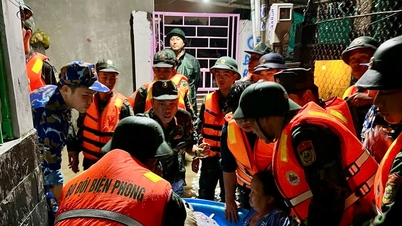

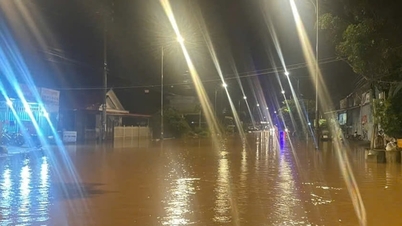
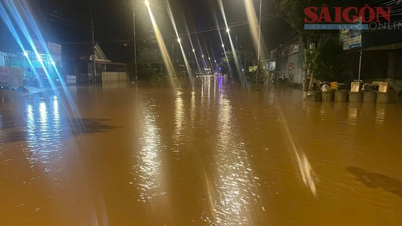

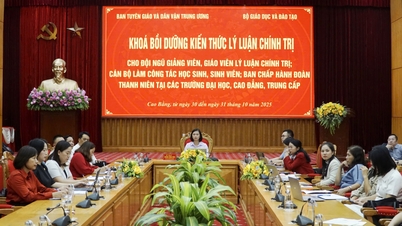

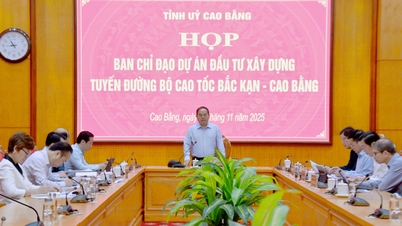
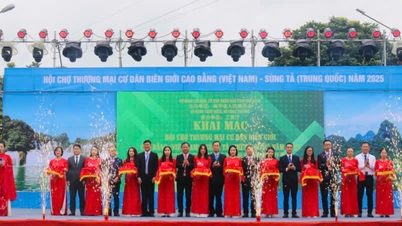




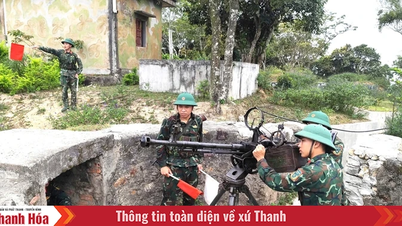

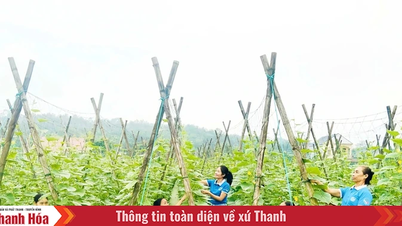
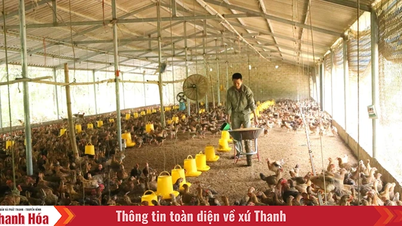
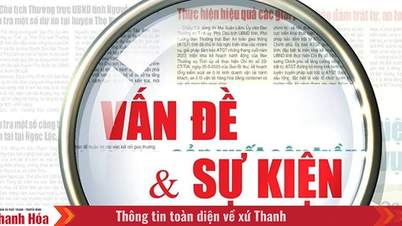










































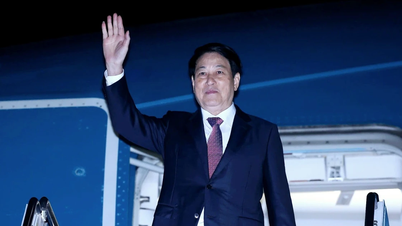


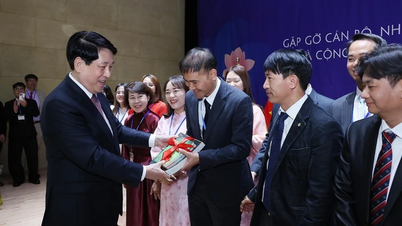
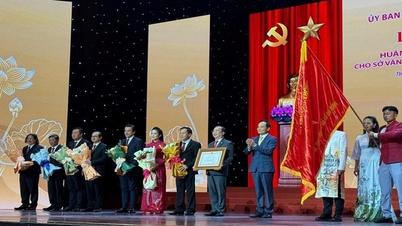
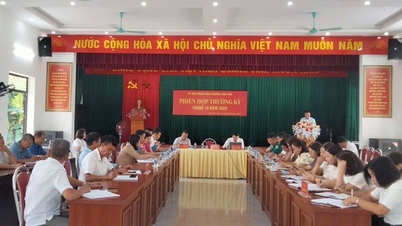

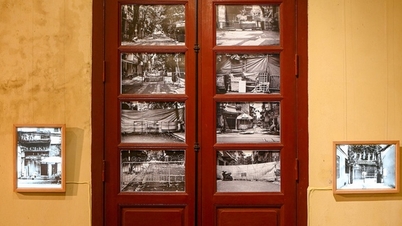


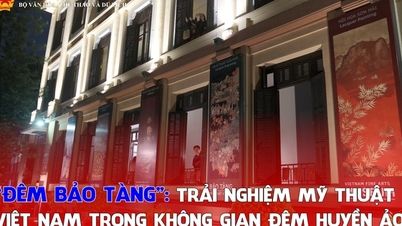






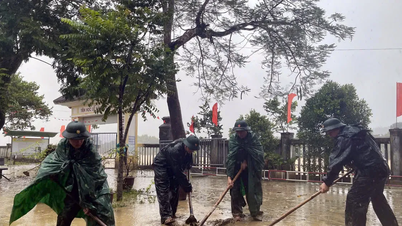

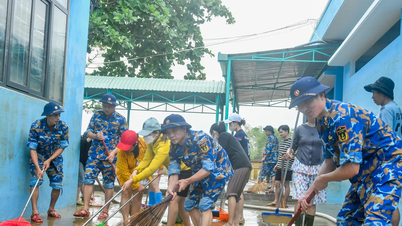
















Comment (0)